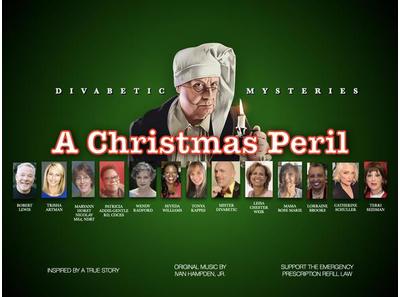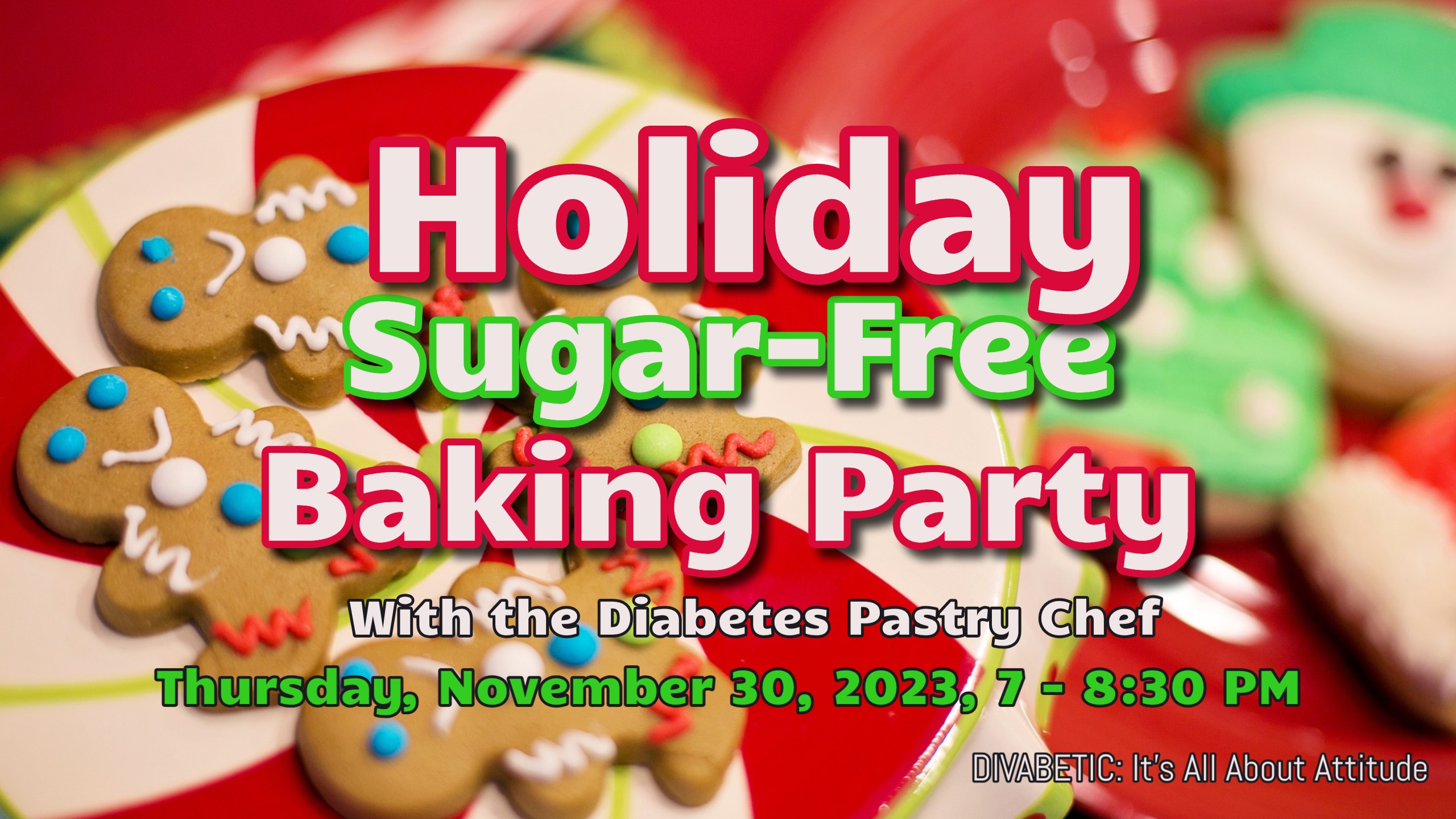“Deck the halls with bars of chocolate!!! Fa la la la la la la la!”
Chocolate seems to be everywhere this holiday season and it even shows up in the strangest formations!
Recently, I stumbled upon a chocolate store that sells chocolate in the shape of wrenches when I was wandering around the Holiday Market at the Oculus in New York.

I took one look at the chocolate wrenches imagined how one bite of chocolate has the power to derail a healthy diet faster and leave your good intentions spinning out of control!
Every day in the news there seems to be another conflicting health study about chocolate. One day, the media is exclaiming that a bar of chocolate is healthier than workout and then the next day they’re telling you to avoid it at all costs. I’m sure I’m not the only one confused about this topic.
Thankfully, these chocolate wrenches inspired me to reach out to Jill Weisenberger, MS, RDN, CDE, CHWC, FAND via Twitter for her advice about chocolate. Below are Jill’s answers to my questions:
Q: Can chocolate can be a part of a healthy diet?’
JW: You bet it can be! Unless you have an allergy or other intolerance, any food can be part of a healthy eating pattern. I always tell my clients that you can eat anything you want. You just can’t eat everything you want and in any quantity that you might want.
Q: Do you actually eat chocolate?
JW: Chocolate is one of my favorite foods, so I am queen of making of it fit. In fact, I eat a small amount of chocolate nearly every day. Since I look forward to it daily, it helps me stick to a good diet all day long. I build my chocolate in as a treat. And I never think of it as a cheat.”
Q: Should I believe any of those health studies they love to show on TV?
JW: A few pieces of good news about chocolate. Research has found that dark chocolate might help lower insulin resistance, which is especially important to people with prediabetes and type 2 diabetes. Other studies suggest that chocolate can help with certain types of cognition among adults, lower blood pressure and reduce chronic inflammation. The compounds in chocolate that probably help confer health benefits are naturally-occurring flavanols, a group of phytonutrients also found in tea, fruits and vegetables.
Q: Can you share some tips for eating chocolate?
JW: 1. You cannot eat chocolate with abandon. It still has calories, added sugars and saturated fats. Fortunately, about half of the saturated fat in chocolate is stearic acid, which does not raise cholesterol levels. Unfortunately, the other half is palmitic acid, which does raise cholesterol levels.
2. When buying cocoa powder, read labels. Avoid the types that say Dutched cocoa or processed with alkali. This type of processing destroys the flavanols.
3. Choose the darkest chocolate you can. There is no guarantee that any particular chocolate is rich in flavanols because some types of processing destroy them. But chocolate with a greater amount of cocoa solids is likely to have more flavanols than chocolate with a smaller percentage of cocoa solids.
4. Choose chocolate candy over chocolate baked goods. And skip the caramels and cream fillings. The research suggests that chocolate has benefits, not other types of chocolate desserts.
5. Sit down, slow down and love the heck out of it. No guilt allowed. When you eat mindfully – whether it’s chocolate or your dinner – you have another opportunity to experience happiness.
Q: Any final thoughts you’d like to share for chocolate lovers?
JW: I’d rather satisfy a chocolate craving with chocolate than try to satisfy it with something else. Pick your favorite treat and treat yourself. I really enjoy dark chocolate-covered almonds. I feel good about both the chocolate and the nut. Sometimes I want plain chocolate. Or maybe chocolate that I melt with peanut butter and use as a dip for apple slices or a graham cracker. Another treat is melted chocolate with strawberries. Still another is a bowl of fresh raspberries with chocolate shavings. These are all healthful ways to enjoy a sweet, delicious treat.

Jill Weisenberger is your resource for all things nutrition, food and diabetes. Whether she’s speaking, writing, chatting on social media, appearing on TV or working with individuals, her candid and energetic approach appeals to busy people, and her sound nutrition and fitness advice gets results. In fact, her appreciation for science and ability to translate science into actionable information earned her a place in US News & World Report’s 10 Dietitian’s You Need to Follow on Social Media.
Food & Nutrition Solutions by Jill offers healthy and delicious recipe ideas and nutrition strategies that are based in sound nutrition science. Whether you’re looking for disease prevention or management, nutritious meals that people actually want to eat, or truths (and myths!) about the latest food trends, get reasonable and realistic tips from expert Jill Weisenberger.
Her specialties include weight control, heart health, diabetes, prediabetes, wellness and nutrition for people with hectic lives. She’ll make nutrition science understandable, realistic and oh so delicious.

On December’s Diabetes Late Nite podcast we’re celebrating a Blue Christmas. I chose this theme in December because ‘Blue’ is the color that I feel is most closely associated with diabetes and more importantly, it gives us an opportunity to raise awareness for the mental health issues related to diabetes. Guests include Chilbrook Kennels Breeder Author, Diabetes Alert Dog and Scent Detection Expert, Debby Kay, Poet Lorraine Brooks, Susan Weiner MS, RDN, CDE, CDN, the Charlie’s Angels of Outreach featuring Patricia Addie-Gentle RN, CDE, Rachel Zinman, Dr. Mandy Reece PharmD, CDE, BC-ADM, and America’s #1 Energy Conductor, High Voltage.
Throughout the podcast we will be featuring songs from the new “Christmas with Elvis and The Royal Philharmonic Orchestra” album courtesy of SONY Music. The album brings together Elvis Presley’s best-loved yuletide performances from “Elvis’ Christmas Album” (1957) and “Elvis Sings the Wonderful World of Christmas” (1971) re-imagined with sublime and exquisite new arrangements performed by The Royal Philharmonic Orchestra.

Are you feeling ‘blue’ this holiday season?
If so, you’re not alone. While it’s true that sadness and/or depression at holiday time can be a reaction to the stresses and demands of the season, people with diabetes are more likely to be depressed than others states David Spero BSN, RN for Diabetes Self-Management.
Diabetes can cause complications and health problems that may worsen symptoms of depression. Depression can lead to poor lifestyle decisions, such as unhealthy eating, less exercise, smoking and weight gain — all of which are risk factors for diabetes.
The good news is that diabetes and depression can be treated together. And effectively managing one can have a positive effect on the other.
If you think you might be depressed, seek help right away. Your doctor or diabetes educator can refer you to a mental health professional.












